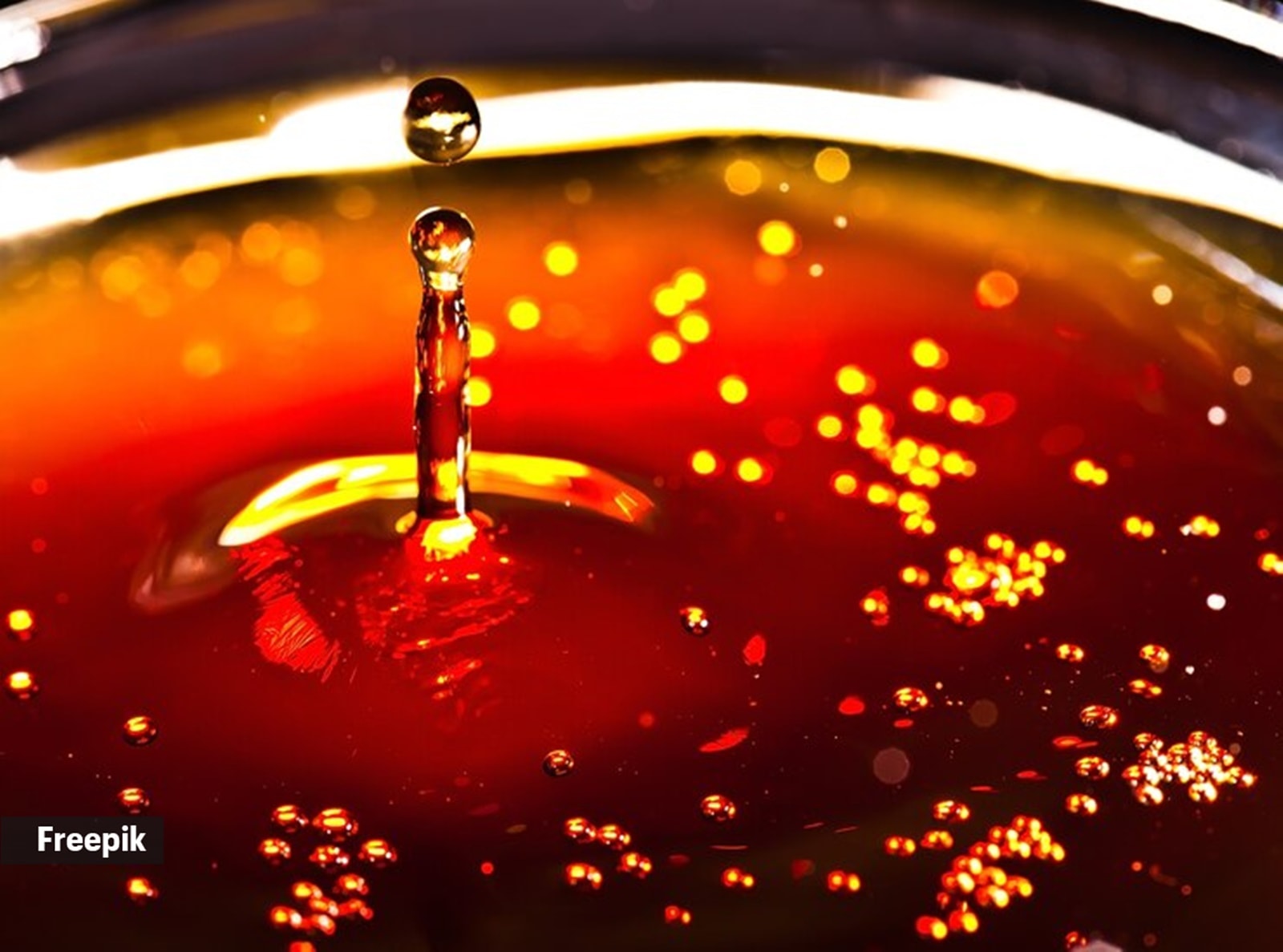For health-conscious individuals seeking to incorporate natural, minimally processed foods into their diets, Unrefined oils are a very good option. Derived from various plant sources, these oils retain a wealth of beneficial nutrients and flavors that are often lost in the refining process.
However, while the benefits of unrefined oils lie in their pure, unadulterated state, there’s a crucial step that should not be overlooked before using them.
Chef Ranveer Brar in his latest Instagram reel suggests a “formula” that involves heating unrefined oil until smoking, then letting it cool before using it for cooking.
 Unrefined oils with low smoke points like walnut, flaxseed, and wheat germ oil should always be heated gently or used raw (Source: Freepik)
Unrefined oils with low smoke points like walnut, flaxseed, and wheat germ oil should always be heated gently or used raw (Source: Freepik)
Is this method effective?
Sanchi Tiwari, nutritionist at Lord’s Mark Biotech says, “Heating unrefined oils until they emit smoke and then allowing them to cool before using them for cooking is a technique employed to improve the oil’s stability and performance. Unrefined oils typically have lower smoke points due to the presence of impurities like free fatty acids and plant residues, which can lead to quicker degradation and undesirable flavors.”
By heating the oil until it smokes, she adds, these impurities are volatilised or burnt off, slightly increasing the oil’s smoke point and resulting in a cleaner oil, Tiwari adds. “This process not only removes contaminants but also makes the oil more stable, reducing the rate of oxidation and rancidity, thereby extending its shelf life.”

“Generally, heating unrefined oils is not necessary before use. They are extracted using mechanical methods (cold-pressing) and retain natural flavors and bioactive compounds,” asserts Kanikka Malhotra, consultant dietician and certified diabetes educator.
Does heating unrefined oil affect its nutritional content and flavor profile?
Malhotra suggests, “Heating can slightly reduce some vitamins and antioxidants, but the extent depends on the oil and heating duration. The overall impact on nutritional value is minor.”
Concurring, Tiwari adds, “When unrefined oils are heated, especially to the point of smoking, there can be some degradation of beneficial nutrients. Many unrefined oils contain delicate compounds such as polyunsaturated fats, vitamins, and antioxidants, which are sensitive to high temperatures.”
In terms of flavor Malhotra notes that unrefined oils have bolder flavors. Heating can intensify them or introduce roasted notes. Moreover, heating can enhance the natural flavors of some unrefined oils (eg, toasting sesame oil for a nutty aroma).
Risks or downsides to heating unrefined oils
According to Tiwari, “Heating unrefined oils leads to the oxidation of oil which breaks down the antioxidants and can lead to chronic diseases.” She recommends choosing cold pressed oils instead of heating unrefined oils. Cold pressed oils are made without heat or chemicals, the process is purely mechanical.
Heat accelerates oil degradation, Malhotra adds. “Store unrefined oils in cool, dark places and use them within a reasonable timeframe.”
Unrefined oils that should be heated
Unrefined oils with low smoke points like walnut, flaxseed, and wheat germ oil should always be heated gently or used raw, says Malhotra. “Unrefined oils with higher smoke points like extra virgin olive oil, avocado oil, and sesame oil can be heated to higher temperatures for cooking.”
*Avocado oil: High smoke point (suitable for medium-heat cooking).
*Extra virgin olive oil: Lower smoke point, best for drizzling or low-heat sauteing.
*Sesame oil: Traditionally toasted for a richer flavor in Asian cuisine. Use low heat to avoid burning.
